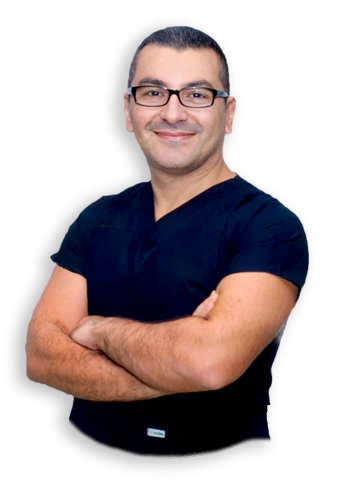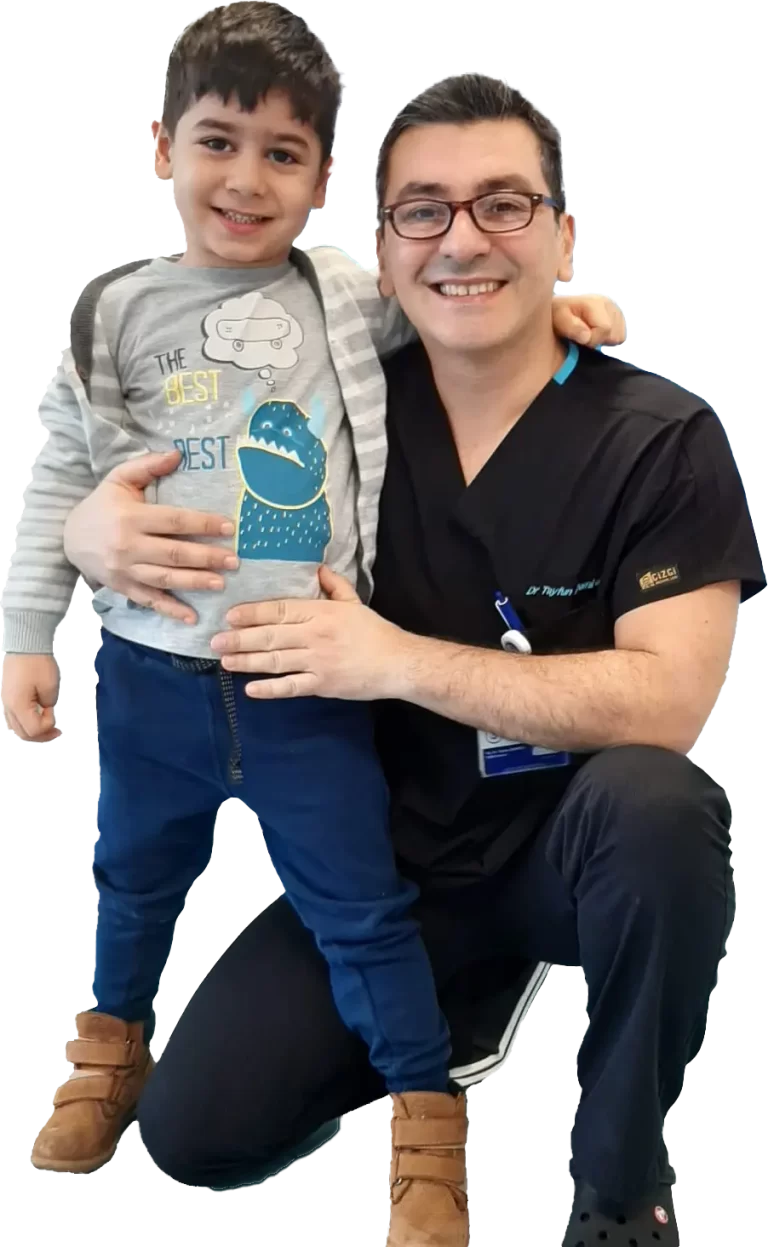What Are Snoring and Sleep Apnea?
During breathing, the expansion of our rib cage and the contraction of our diaphragm and the air we draw by vacuum towards our lungs create a pulling effect on the walls along the respiratory tract. Therefore, due to this effect, if the soft tissues are loose in the areas where the airway is narrow, the mutual mucous surfaces may touch each other. During sleep, snoring occurs with the relaxation of the muscles around the respiratory canal.
In the meantime, the collision of the mucosa in the opposite walls in the narrow areas of the airway as a result of vibration creates the sound of snoring. Breathing decreases as a result of the collapse and narrowing of the air passage due to the vacuum effect formed in the airway wall during breathing. In addition, breathing can stop with the complete closure of the canal.
The cessation of nose and mouth breathing for more than 10 seconds is called “apnea”. The number of apneas observed during one hour of sleep is the “apnea index”. If the decrease in airflow of 30-50% lasts longer than 10 seconds, it is a decrease in respiratory movement or a decrease in oxygen saturation (O2 saturation) in the blood. The wake-ups that occur next to this are expressed as a hypopnea.
RDI (RespiratoryDisturbance Index) is the most commonly used in determining the severity of respiratory arrest disease during sleep. The apnea-hypopnea index (AHI) is the sum of the number of apneas and hypopneas that occur in an hour. However, in recent years, different approaches have been formed especially in the definition of hypopnea. Therefore, in determining the severity of the disease, the amount of decrease in blood oxygen saturation during sleep is considered rather than the Apnea-Hypopnea Index.
In fact, the duration of this decrease has begun to be taken into consideration more.Sleep disorders related to the Ear Nose Throat branch are limited to simple snoring, upper respiratory tract resistance (resistance) syndrome, and obstructive sleep apnea syndrome.
How is Sleep Apnea Treated?
In the treatment of patients with snoring or sleep apnea, different treatments are performed according to the severity of the disease and the level of the areas where the obstruction occurs in the airway.
Treatment methods other than surgical procedures are generally as follows:
- General precautions
- Face masks that deliver compressed air (CPAP, BPAP devices)
- Intraoral appliances
- Special treatments
- Medications
Surgical Treatment Methods
In patients with snoring and sleep apnea, surgical interventions can be performed in different anatomical regions according to the location and content of the obstruction in the respiratory tract. Generally, the surgeries performed are listed below:
- Nose surgeries (Surgeries for nasal congestion)
- Further surgeries of the lower and upper jaw bones (Maxillomandibular advancement)
- Stimulation of the nerve of the tongue muscles (Hypoglossus nerve stimulation)
- Opening of the airway outward in the neck (Tracheotomy)
- Surgeries for soft palate
- Surgeries for the root of the tongue




